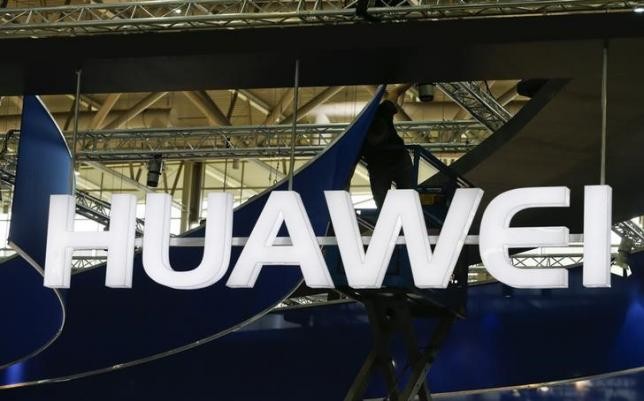Future cities will make use of a smart lighting system to boost the control and performance of street facilities, similar to the lighting system technology launched on March 15 by Chinese telecommunications giant Huawei Technologies at CeBIT 2016, held in Hannover, Germany.
The Global Times reported that Huawei's system will allow on-demand lighting and cut energy consumption by up to 80 percent, since it will provide municipal managers with status information on each lamp, in every street and give them precise control of on-off switches and enable them to adjust the brightness of individual street lamps.
According to the report, the lighting system has attracted competitors from several Chinese tech companies that included ZTE Technology Co.
Reports, however, said that Huawei's solution has the advantage over its competitors since it is built on IPv6-based 6LoWPAN wireless platform, which has lower power consumption, and can automatically diagnose, connect and trouble-shoot problems. The platform also enables street lamps and other smart devices such as sensors to have better interaction.
On March 15, Samsung Electronics Co. and Silver Spring Networks announced a partnership to develop a networked LED street lights system that provides similar services as Huawei's.
Liu Hongbin, an engineer from Shandong Smart Living Data Services Co., was quoted as saying that smart lighting is a likely trend for the future, but establishing such networks in all cities will be challenging, requiring a lot of time and money, according to a report from it.sohu.com on Tuesday, March 22.
Through the smart systems, cities can save on energy and power usage. One such example is London, which has about 35,000 street lights with uses an estimated 56 million kilowatt-hours a year.
In a statement released on March 23, Silver Spring Networks also announced partnership with new go-to-market partner Rongwen to engage in smart street lighting business in China. The company said it has deployed more than 250,000 controllable LED street lights in China under the Energy Performance Contracting (EPC) business model.
The statement said that Rongwen is also active in emerging markets across Asia and South America.



























